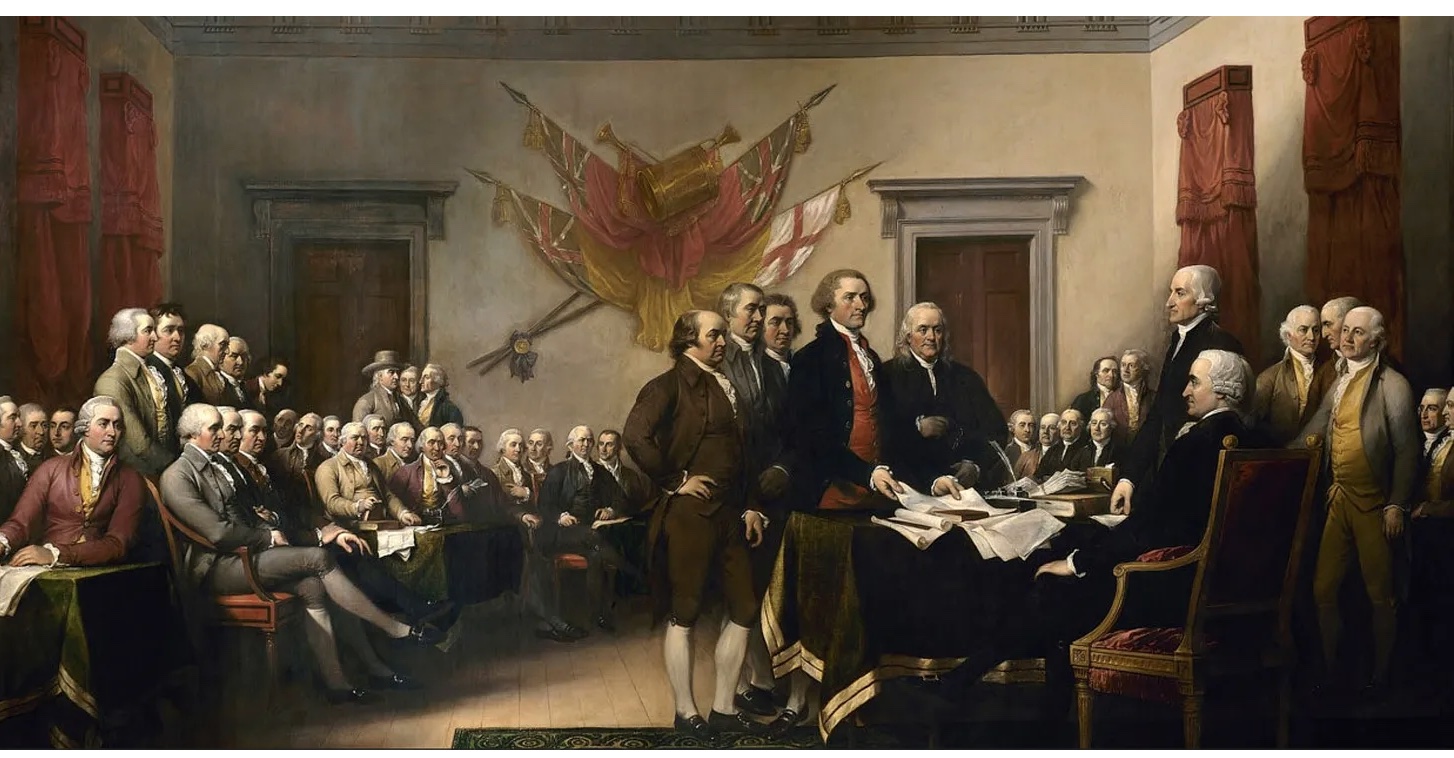The United States is not a democracy in the pure sense; it is a Constitutional Republic, deliberately built by the Founders to protect the people from the heavy hand of government. They understood the danger of power when it becomes unchecked. They wrote a Constitution that created servants, not rulers, and they placed ultimate authority in the people, where it belongs. The idea was simple yet profound: government exists to serve its citizens, not to consume their freedoms, their livelihoods, or their dignity.
At its heart, the Constitution is a contract, not a suggestion. It sets the rules of engagement between the people and their government. The Preamble makes it clear that the purpose of government is to secure liberty, establish justice, ensure domestic peace, and provide for the common defense. That is a servant’s role, not a master’s. The checks and balances between the branches of government were designed to prevent tyranny, and the Bill of Rights was added to protect the individual from the very government sworn to serve him.
But the Founders also knew that parchment barriers are not enough. John Adams warned us that “our Constitution was made only for a moral and religious people. It is wholly inadequate to the government of any other.” In other words, liberty is sustainable only when citizens govern themselves with virtue found in Christianity. Without that moral compass, no number of laws will prevent corruption or decay. Adams and the other Founders placed their faith not just in documents, but in the integrity and responsibility of the people who would live under them.
The question we all must face after recent events is whether we have lived up to that standard. Too often, it seems, we have strayed. Trust in government has collapsed. The percentage of Americans identifying with faith has plummeted. Civic virtue is eroded by selfishness, division, and moral relativism. Instead of reasoned debate, we see the culture wars of wokeism, identity politics, gender battles, and the fight for control over our children’s minds. These consume our attention while our freedoms quietly erode behind our backs.
Charlie Kirk recognized this slide into moral decay. His mission to take civil debate onto college campuses, a debate rooted in faith, liberty, and responsibility, offered young people a chance to confront ideas honestly and rediscover the freedom our Founders envisioned. That is the kind of civic courage Adams had in mind: citizens with the courage to defend truth with faith, not bow to the shifting winds of ideology.
Supporters of today’s cultural shifts claim they are expanding liberty. But their “liberty” is not found in the selfless citizenship our Founders envisioned. It is found instead in “me-ism” and the worship of self. In practice, this progressive relativism silences speech, punishes dissent, and undermines the very rights it claims to champion; our moral, religious, and God-given rights. When the government enforces subjective morality or bows to ideological pressure, it ceases to serve the people and begins to consume them. Adams’ warning now rings louder than ever.
This does not mean America has failed. On the contrary, we have proven again and again that the moral clarity provided by bold leadership leads to progress: abolishing slavery, expanding voting rights, securing civil liberties. These were not acts of abandoning the Founders’ vision, but of fulfilling it. The danger lies not in expanding liberty, but in untethering it from Christian faith, virtue, and reason. Without those anchors, liberty collapses into chaos, and chaos demands control. Government then grows not as a servant, but as a master.
If we want to keep the Republic Benjamin Franklin warned us about, we must return to the basics: faith as our compass, freedom as our sword, and liberty as our inheritance. Faith provides virtue without coercion. Freedom guarantees debate without fear. Liberty ensures that no government can strip away the God-given rights of the individual.
The future of our Republic depends not on politicians or bureaucrats, but on ordinary citizens willing to live by these principles. If we embrace them, government will serve us as intended. If we abandon them, government will consume us in a moral slide to irrelevance as history has shown with great societies and dynastys time and again. The choice is ours, and the responsibility is heavy. But that is the price of liberty, and for the dream that is America, it is a price worth paying.
Kevin McCabe represents District 30 in the Alaska Legislature and can be found at his Substack newsletter at this link.
Kevin McCabe: Charlie Kirk and JFK were from different eras, both called us to step into the arena

Kevin McCabe’s article reads like a sermon on liberty, virtue, and government accountability, but his actions tell a different story. You can’t lecture Alaskans about the dangers of government overreach while voting for policies that grow government power and strip away individual choice. You can’t preach about the Constitution being a contract with the people while breaking faith with the very people you were elected to represent.
It’s easy to write patriotic essays about virtue and responsibility. It’s harder to practice them in office. That’s the true measure of integrity, not words on paper, but consistency in action. Until Kevin McCabe matches his votes and behavior to the lofty ideals he’s so fond of quoting, his articles are nothing more than polished propaganda.
Yes, it’s a constitutional republic. The constitution is a contract that binds us together as Americans. However, we cannot avoid the need for certain “democratic” features. For example, election of public officials or initiatives is a democratic process whereby the majority over-rules the minority of voters.